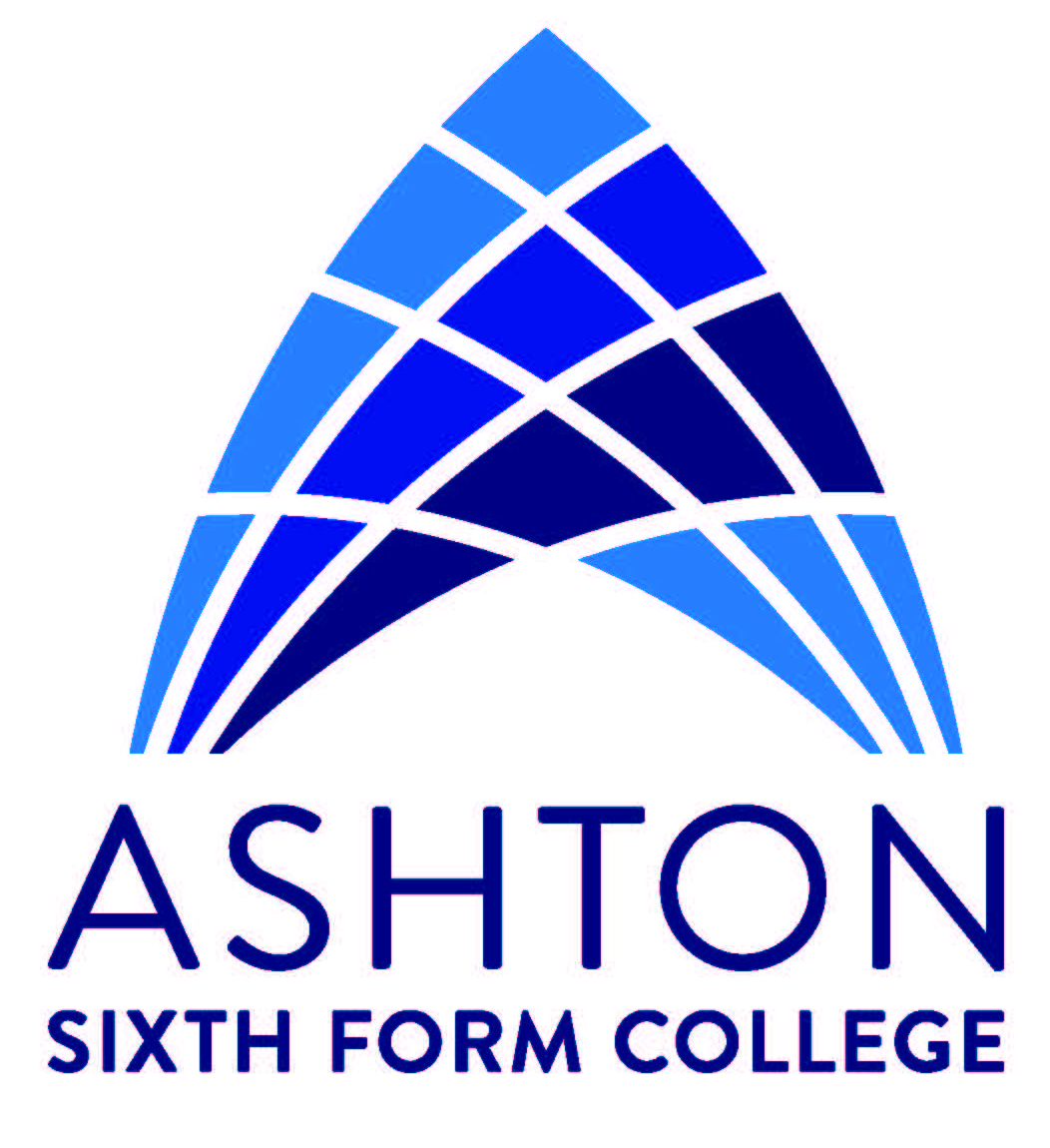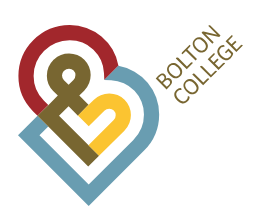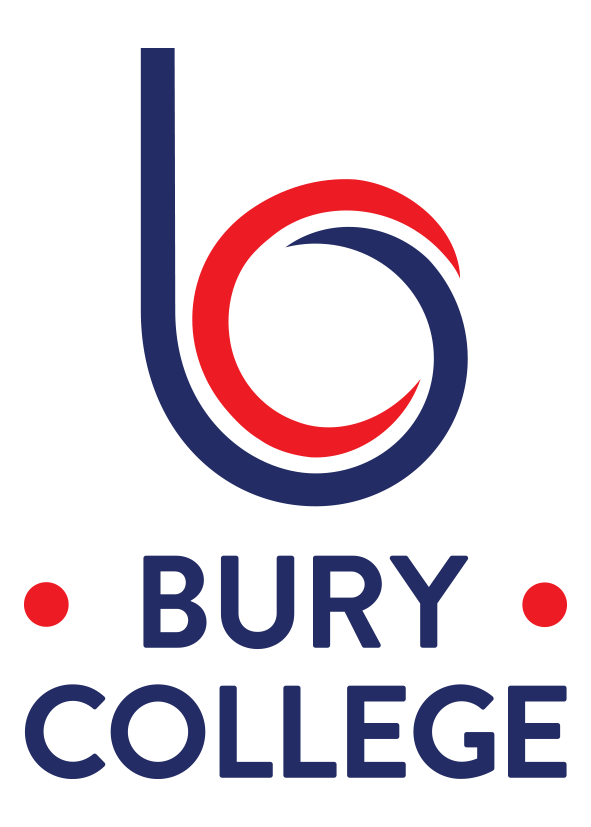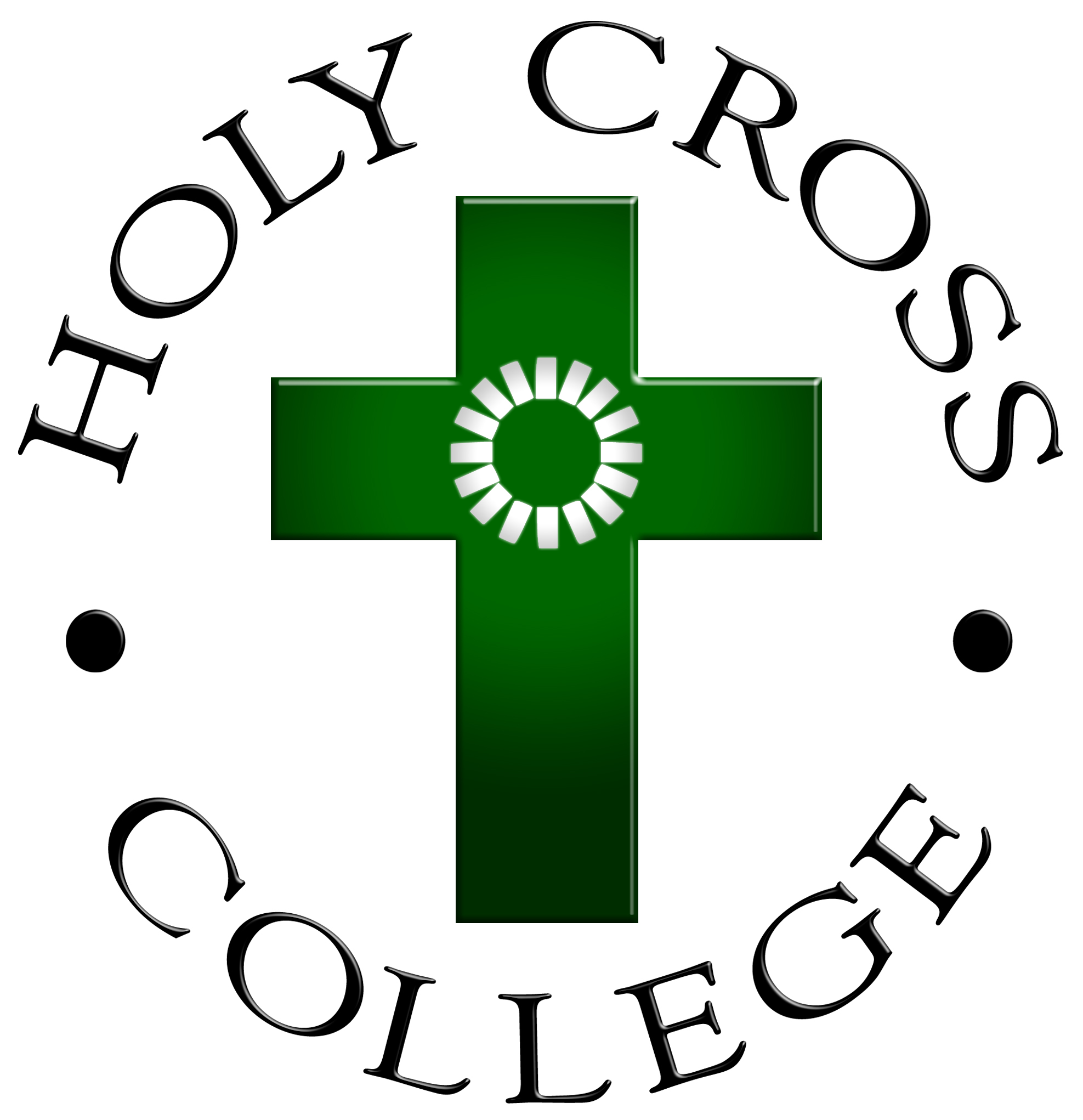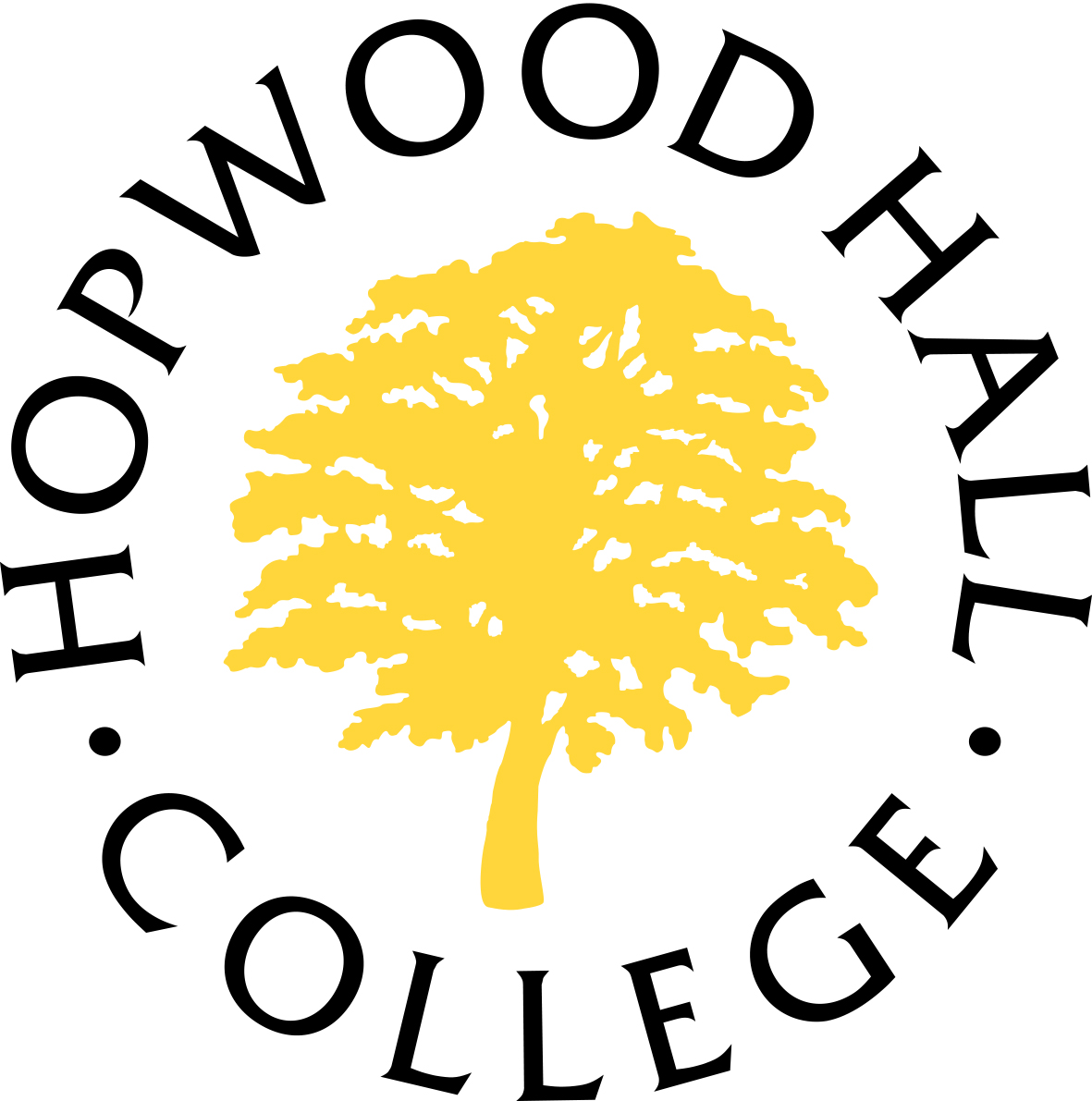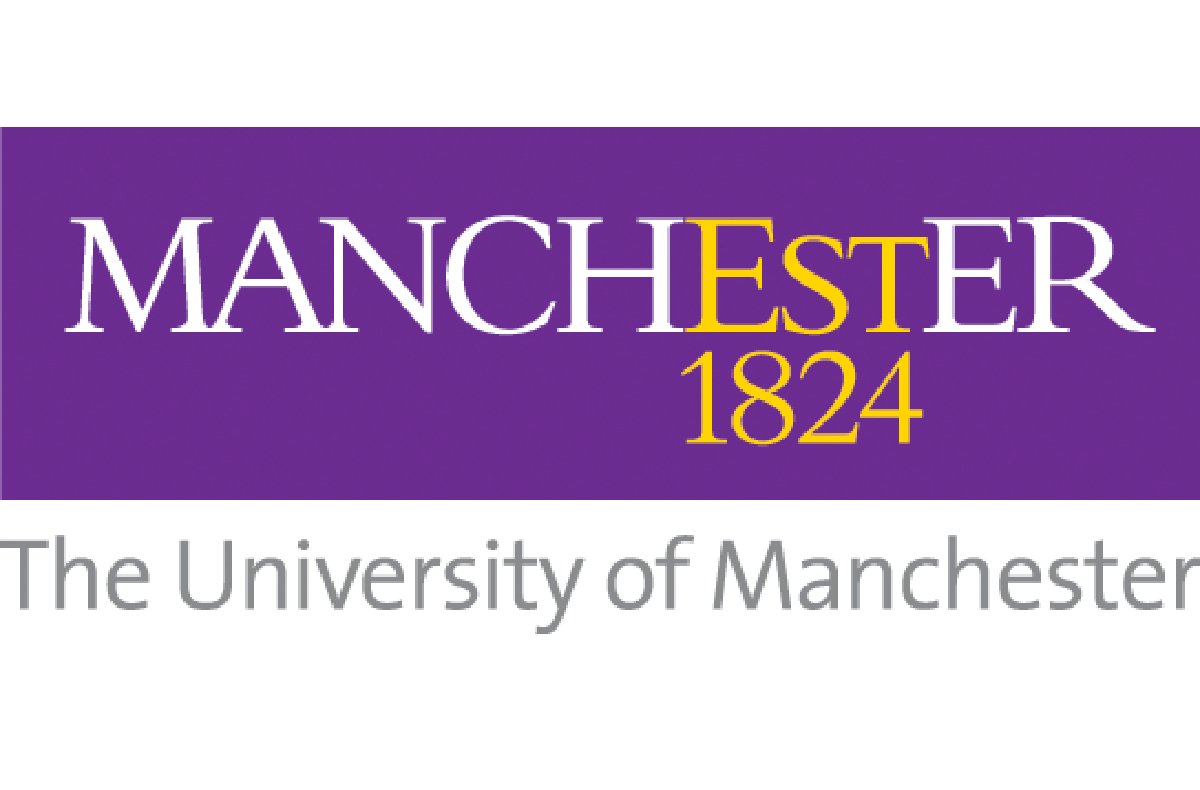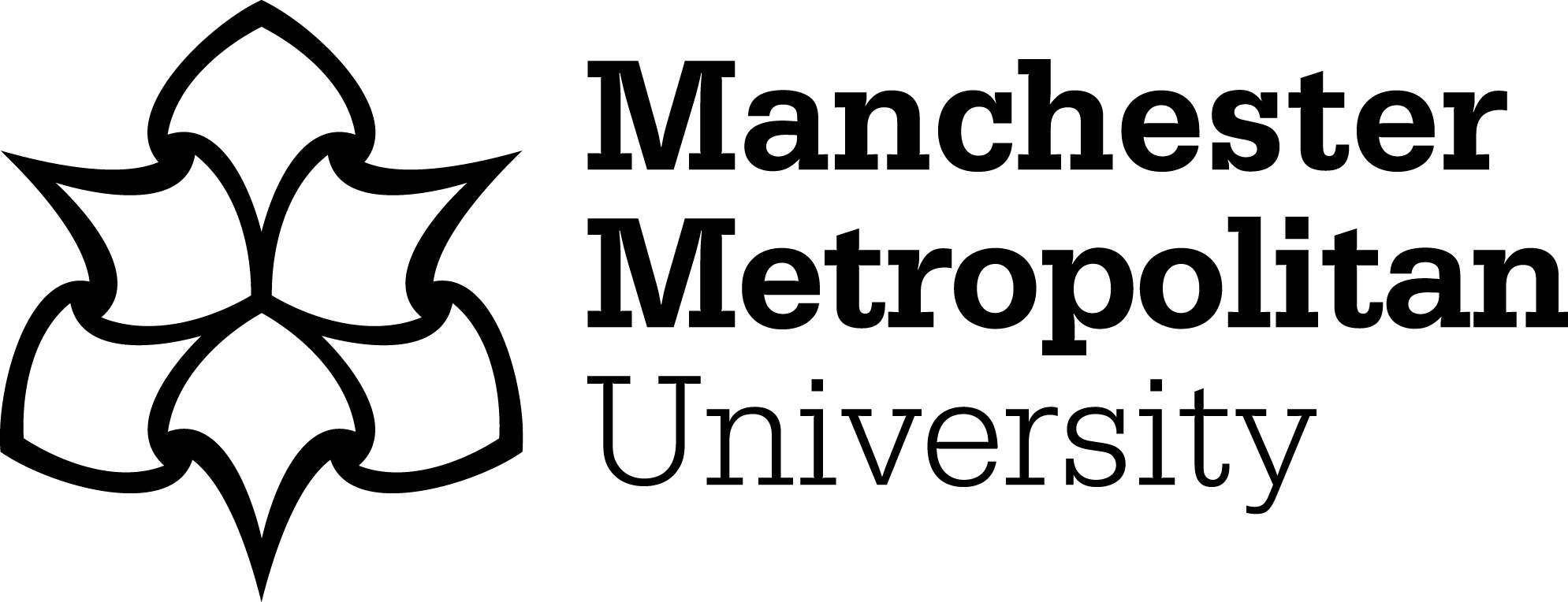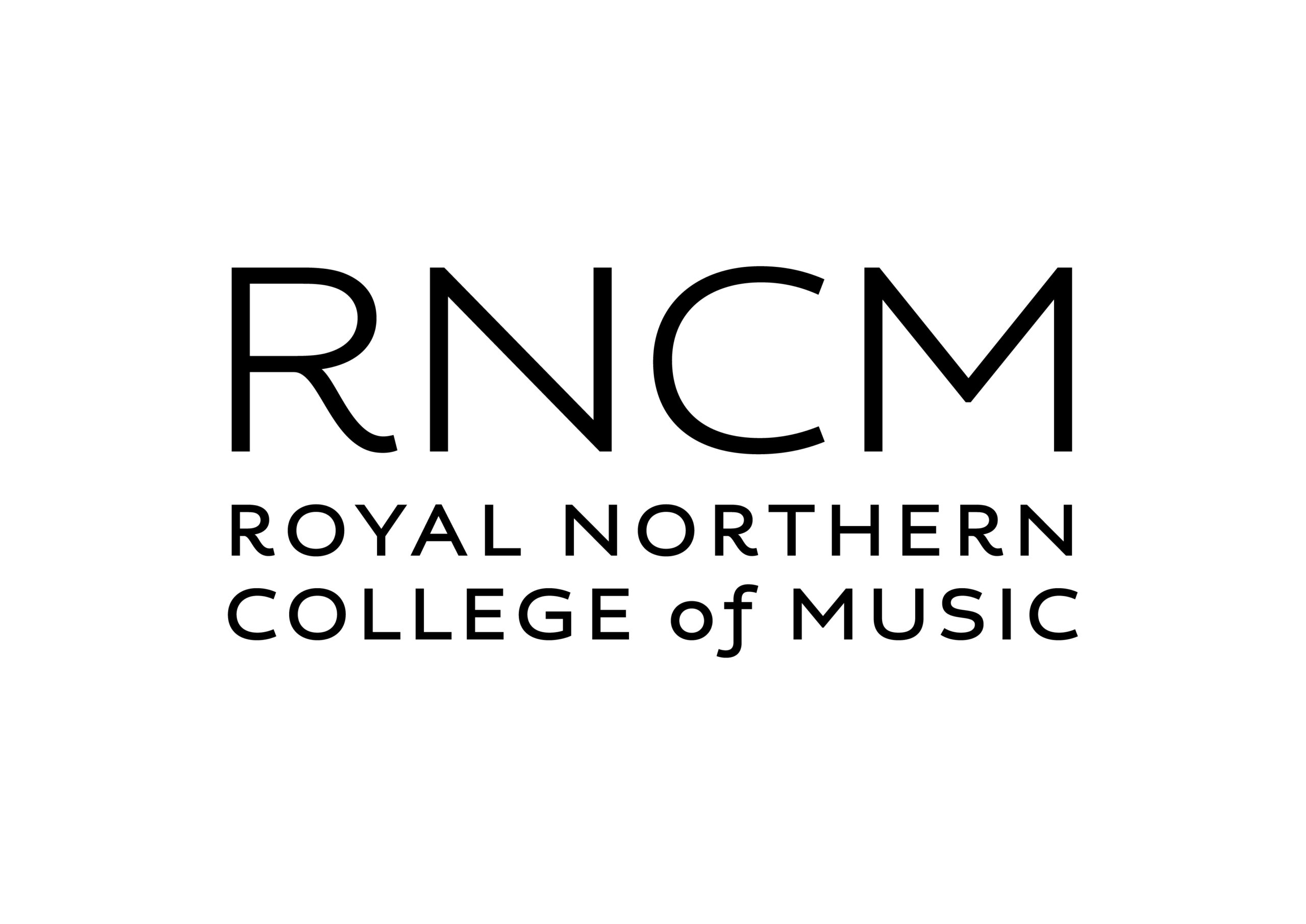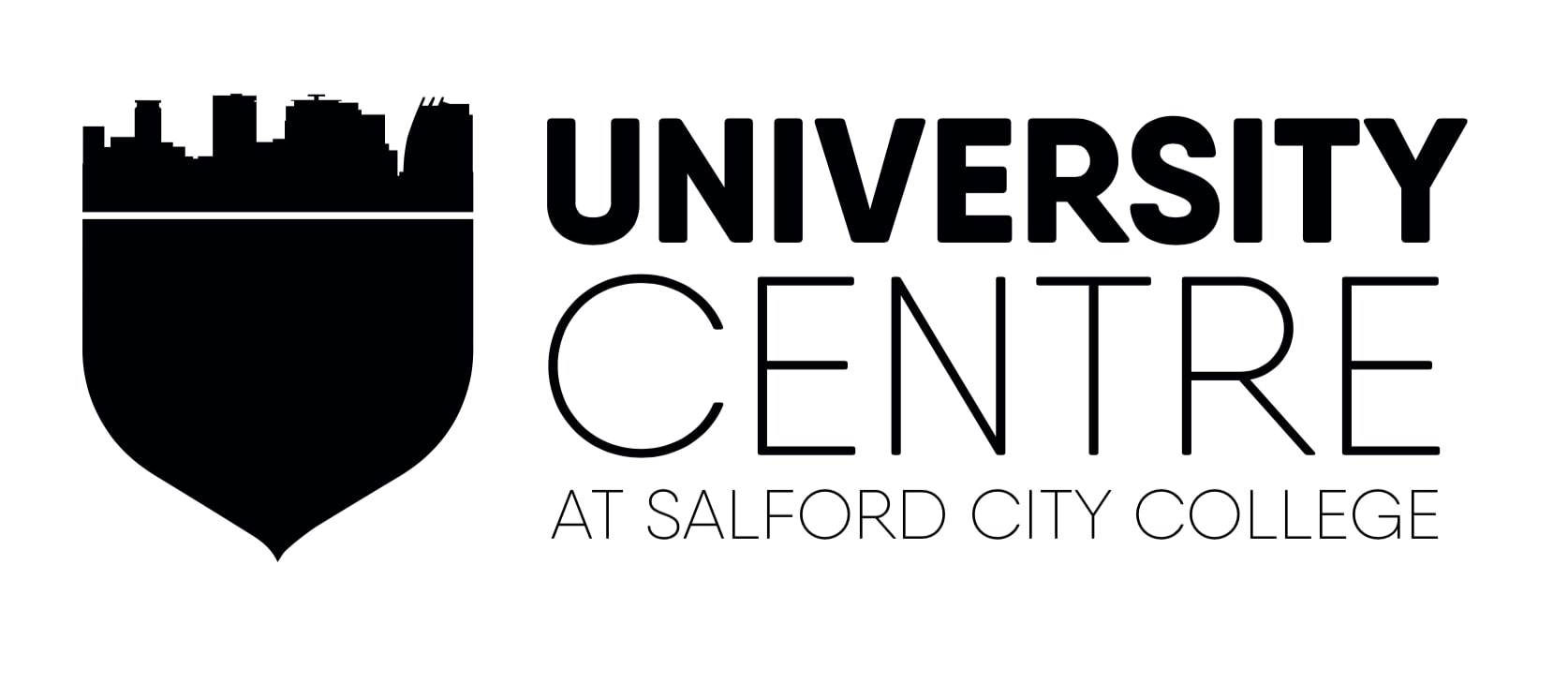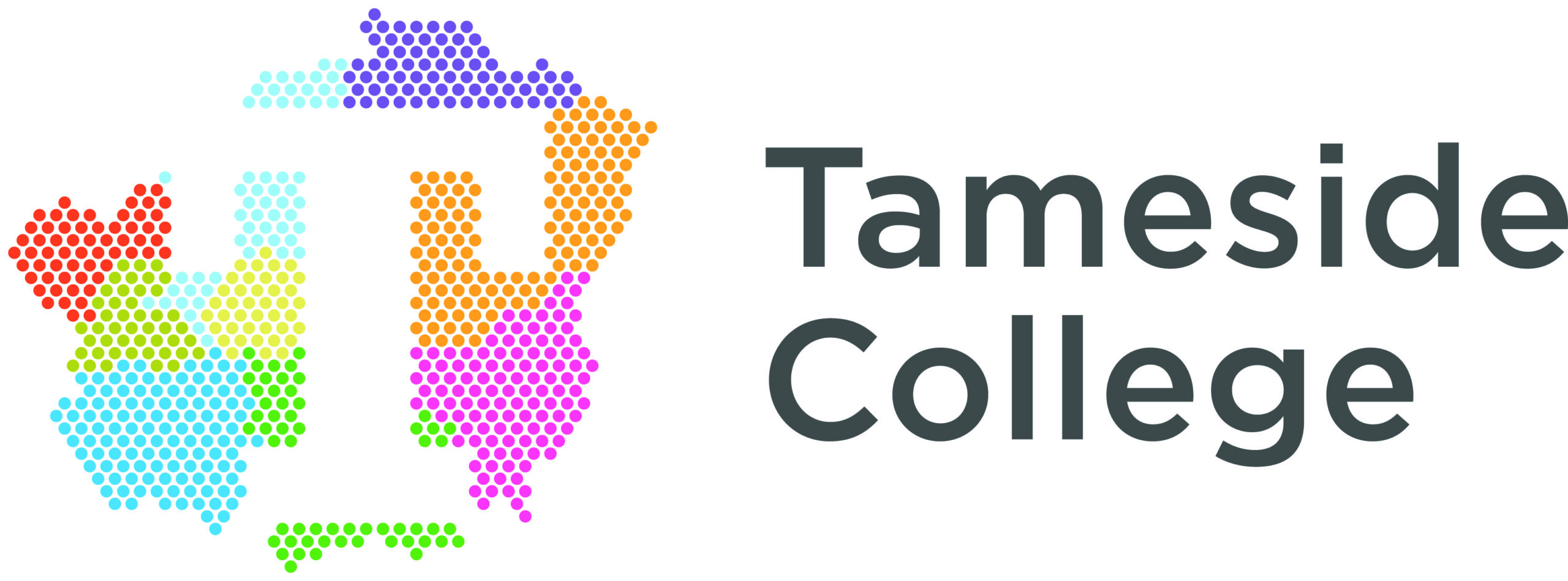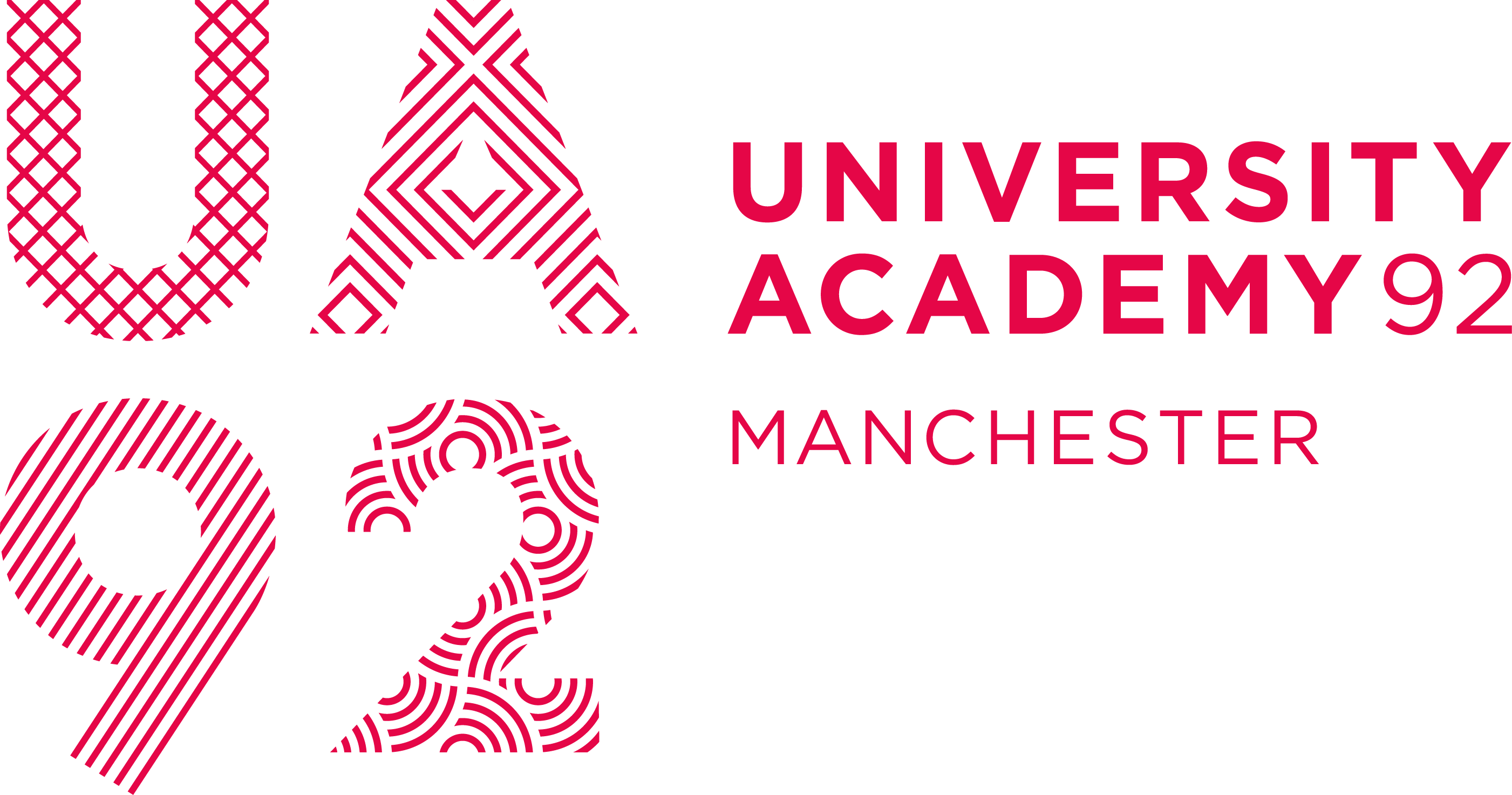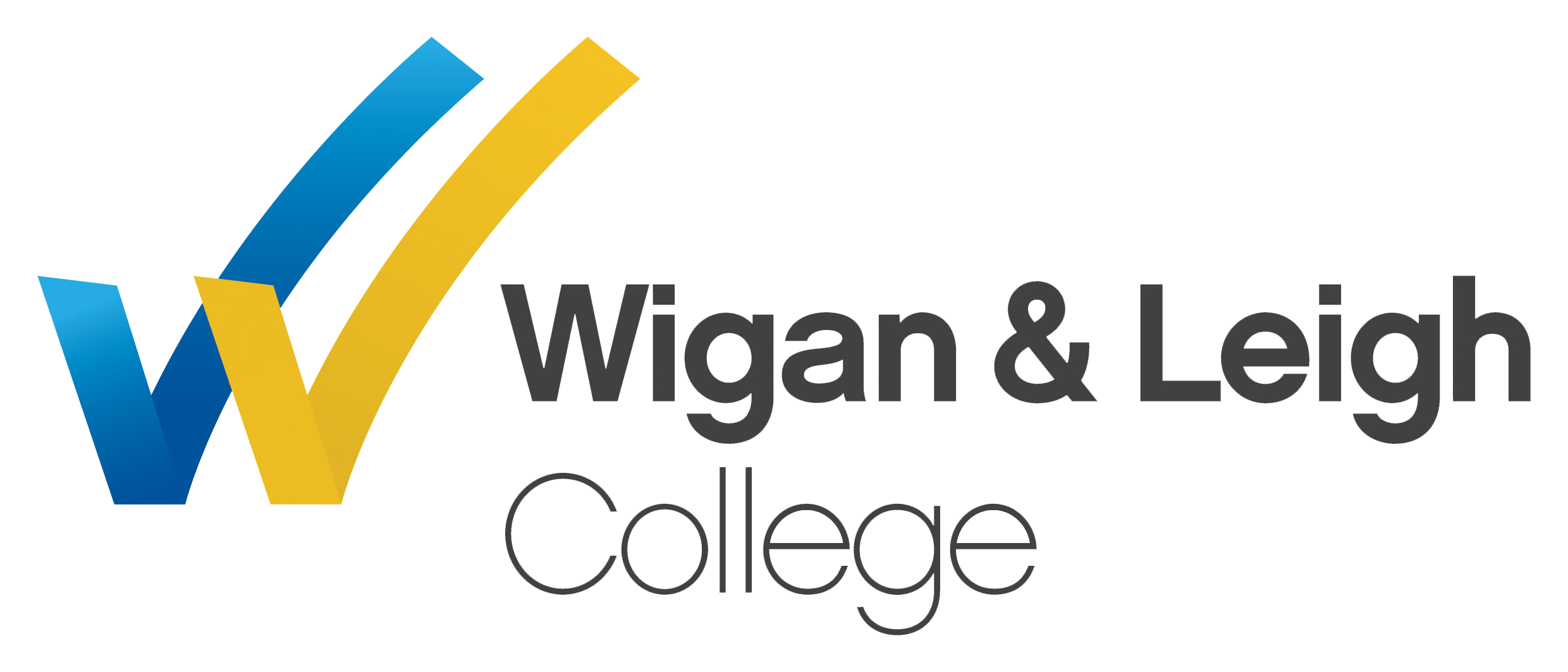
Collaborative partnership
Working in partnership enables us to offer an engaging and impartial programme of events and outreach activities, inspiring young people to explore routes into higher education, overcome educational barriers, and make informed choices about their future.
We deliver the Office for Students Uni Connect programme in Greater Manchester, which aims to support the government’s social mobility goals by rapidly increasing the number of young people from under-represented groups entering higher education.
